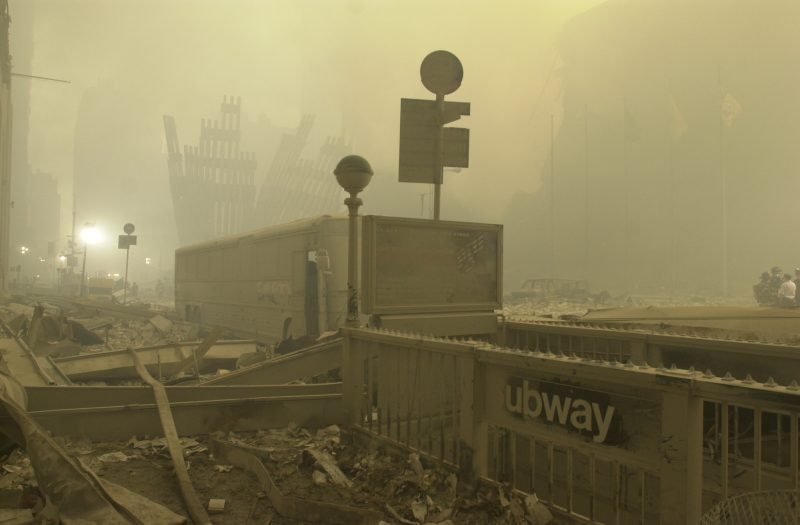
Urgent Call to Action: 9/11 Responders Seeking Government Support for Dementia Care
In recent years, an alarming trend has emerged among the heroic responders to the tragic events of September 11, 2001. Many of these individuals, who selflessly risked their lives to save others in the aftermath of the attacks on the World Trade Center, are now facing a new and devastating enemy: dementia.
The link between exposure to the toxic dust and debris at Ground Zero and the increased risk of developing dementia later in life has become increasingly evident through various studies and reports. As these 9/11 responders navigate the challenges of this debilitating condition, they find themselves in urgent need of support and assistance from the government that they once served so valiantly.
One of the key reasons for the call for government intervention is the financial burden that dementia places on individuals and their families. The cost of medical care, specialized treatment, and caregiving for dementia patients can quickly escalate, placing a significant strain on the limited resources of those affected. The 9/11 responders, many of whom are no longer able to work due to the progression of their condition, are seeking financial assistance to ensure that they can access the care and support they need to maintain their quality of life.
Moreover, the emotional toll of dementia on both the individuals affected and their loved ones cannot be underestimated. For many 9/11 responders, the onset of dementia represents not only a personal struggle but also a loss of the independence and agency that they once cherished. The government has a responsibility to provide comprehensive support services, including mental health resources and counseling, to help these individuals and their families navigate the emotional challenges of coping with dementia.
Furthermore, the government must also prioritize research and education efforts to better understand the specific challenges faced by 9/11 responders with dementia. By allocating funding for research into the relationship between exposure to toxins at Ground Zero and the development of dementia, policymakers can help inform future prevention strategies and treatment options. Additionally, raising awareness about the unique needs of this population can help ensure that healthcare providers and support services are equipped to provide tailored and effective care.
In conclusion, the plight of 9/11 responders facing dementia serves as a poignant reminder of the ongoing impact of the September 11 attacks on individuals and communities. As these brave individuals navigate the challenges of dementia, they deserve unwavering support from the government that they served so courageously. By providing financial assistance, emotional support, and investing in research and education efforts, policymakers can help ensure that 9/11 responders with dementia receive the care and respect they rightfully deserve.
